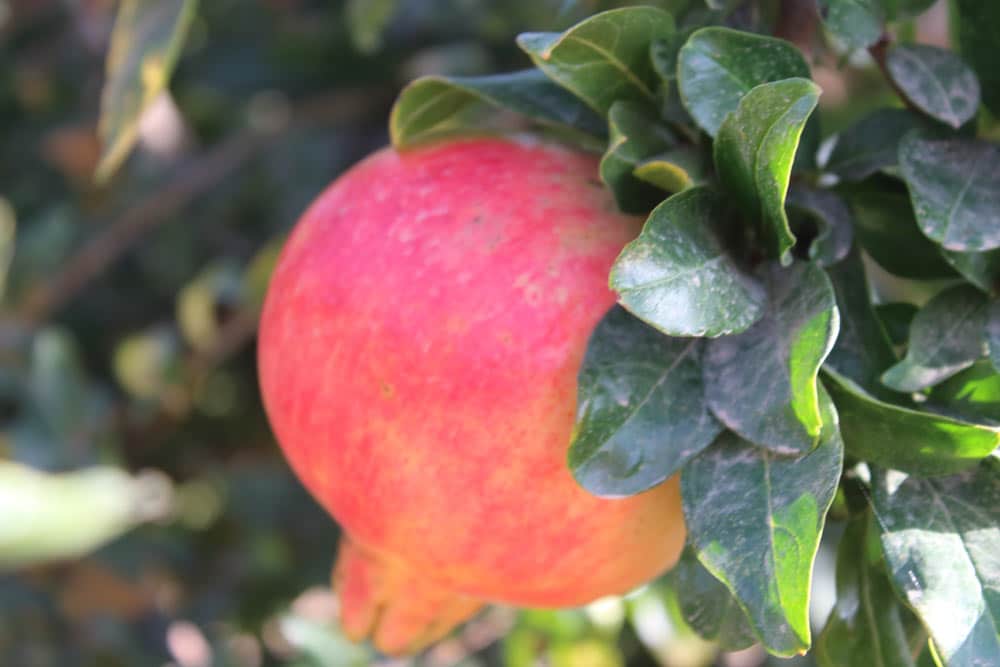
COUNTRIES: Israel
CONDUCTED BY: The Lipid Research Laboratory and Department of Anatomy and Cell Biology, Technion Faculty of Medicine, The Rappaport Family Institute for Research in the Medical Sciences, Rambam Medical Center, Haifa, Israel
PUBLISHED ON: Journal of Agricultural Food Chemistry
RESEACH:
The effects of a pomegranate byproduct (which includes the whole pomegranate fruit left after juice preparation) on atherosclerosis development in apolipoprotein E-deficient (E°) mice were studied. Consumption of pomegranate byproduct (17 or 51.5 μg of gallic acid equiv/kg/day) by the mice resulted in a significant reduction in atherosclerotic lesion size by up to 57%. Pomegranate byproduct consumption significantly reduced oxidative stress in the mice peritoneal macrophages (MPM): Cellular lipid peroxide content decreased by up to 42%, the reduced glutathione levels increased by up to 53%, and paraoxonase 2 lactonase activity increased by up to 50%, as compared to MPM from E° mice that consumed only water. Furthermore, oxidized low-density lipoprotein (Ox-LDL) uptake by the MPM was reduced by up to 19%. Similar results were observed also in vitro. Treatment of J774A.1 macrophages with pomegranate byproduct (10 or 50 μmol/L of total polyphenols) significantly decreased both cellular total peroxide content and Ox-LDL uptake. It was thus concluded that pomegranate byproduct significantly attenuates atherosclerosis development by its antioxidant properties.
YEAR: 2006
